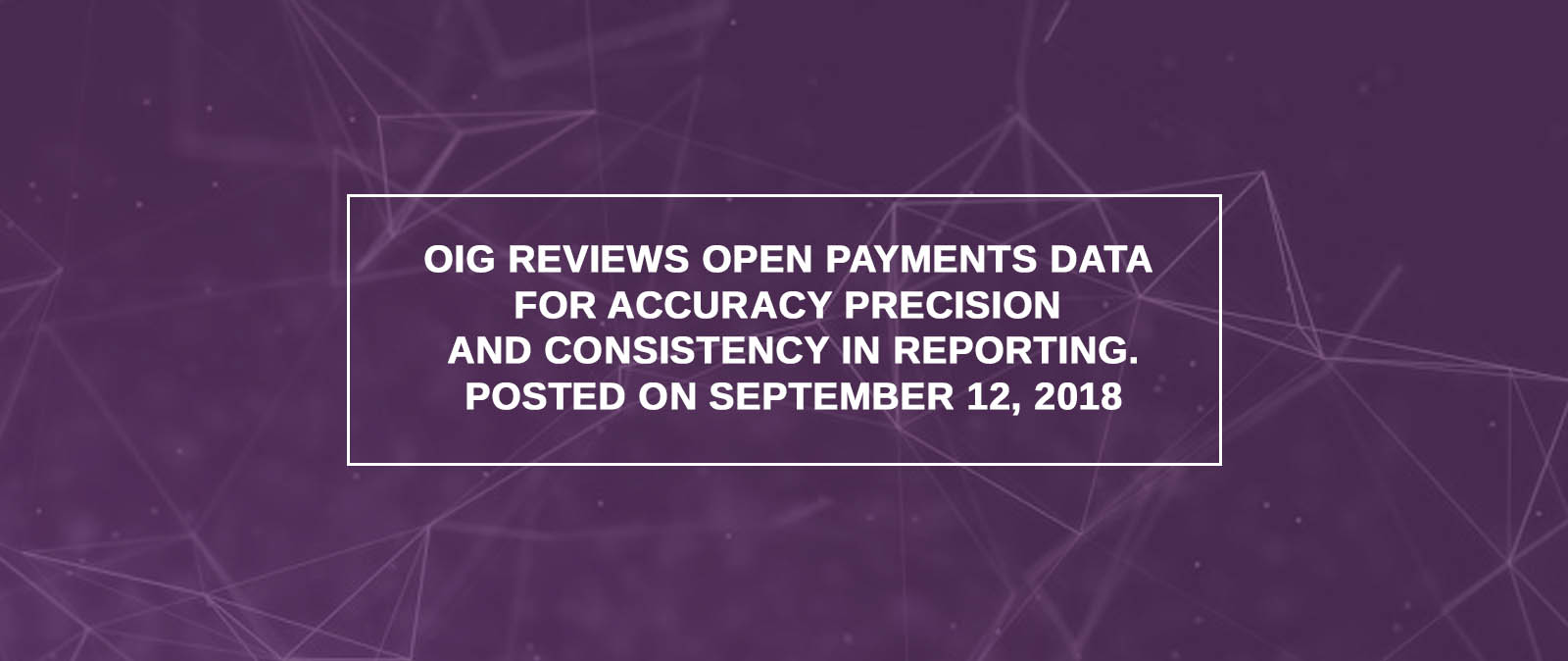In our previous post on Dr. Klaus Geltsetzer’s webinar presentation, How to “Determine the Relationships of Different Global Disclosure Requirements,” we described how Germany’s consent rates tell an interesting story, depending on how they’re calculated.
We’re resuming the debate on Germany’s position in the pharmaceutical transparency space. This time, we discuss industry-led, private-sector synergy.
Or lack thereof.
As we learned, thanks to Dr. Klaus Geltsetzer, there are ‘several’ Pharma associations in Europe. Prominent amongst these are:
- vfa (ca. 150 members)
- BPI (ca. 240 members)
- BAH (> 450 members)
- Pro generica (16 members)
That’s an impressive number for one country. It also shows a determined national effort toward improving pharmaceutical disclosure.
Or does it?
As Dr. Geltsetzer mentioned, there are over 300 pharmaceutical companies in Germany. And these associations will find ‘overlapping’ memberships. To put it another way, although the sum total of memberships is 856, the real number is far less. Possibly less than 50%, accounting for double memberships.
A closer look tells us something else. Pronunciation is just one of many things confusing about these associations. Slightly more puzzling is their collective purpose.
BPI and vfa have founded two independent national organizations to promote ethics and transparency: FSA e.V. and AKG e.V.
But how does the ethics code—introduced by FSA e.V and AKG e.V.– apply? More significantly, who does it apply to?
The Disclosure Code is not universally applicable. Members of vfa, Germany’s representative association in EFPIA, are obliged to adhere. It is also mandatory for the fifty or so members of the FSA. What about the bigger associations, BPI and BAH?
We cannot say. What we can tell you is that one of the two bodies that developed the disclosure code, AKG, has not made it mandatory for its members to disclose. That is, over one hundred pharmaceutical companies need not submit their spend reports. Equally disconcerting is the status of non-affiliated pharmaceuticals in Germany.
The publishing paradox vis-à-vis pharmaceutical associations in Germany suggests that appearing transparent is a greater priority than achieving transparency. At least for now.
The good news, however, is that the Transparency journey has taken an ambitious stride since then. In our next post: The Impact of Pharma Disclosure on Public Healthcare, we’ll describe it.



